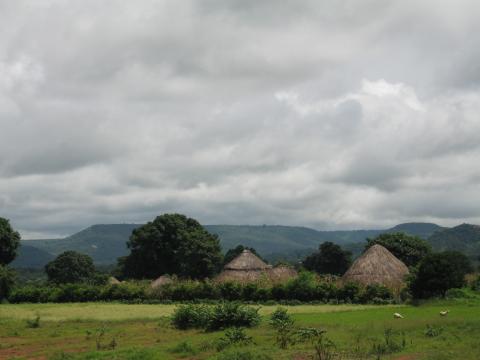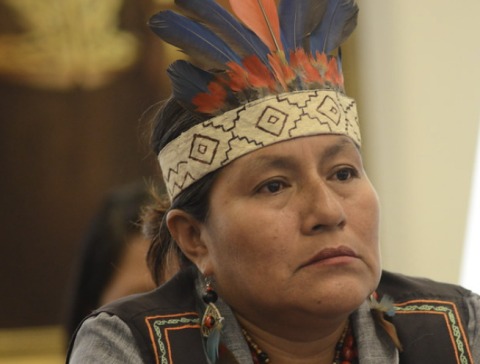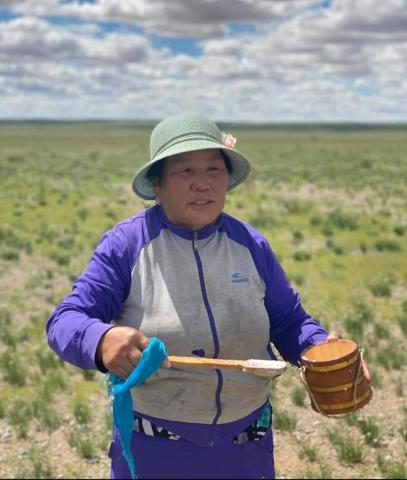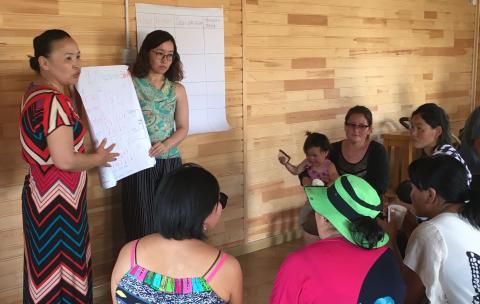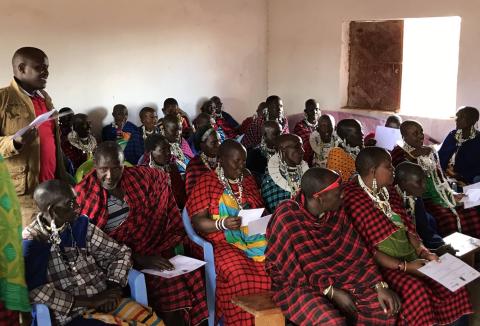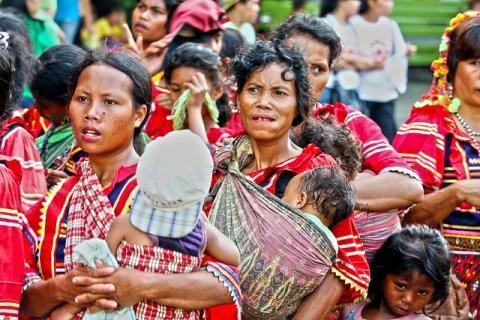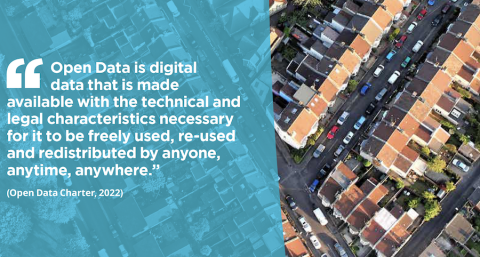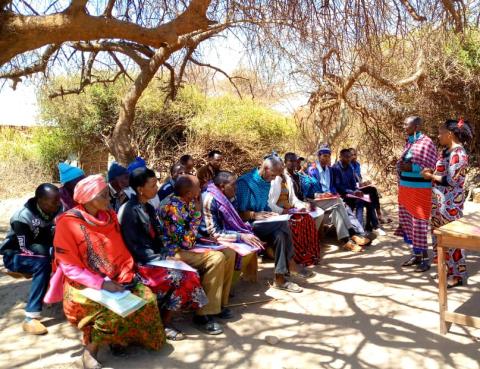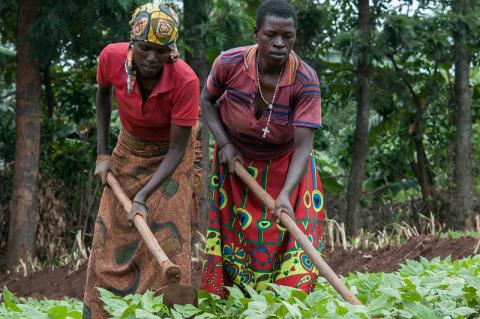Discover hidden stories and unheard voices on land governance issues from around the world. This is where the Land Portal community shares activities, experiences, challenges and successes.
 Follow our
Follow our
Sustainable Development Goals
Blog Series!
Interested in land corruption?
Follow our Land & Corruption Blog Series
for in-depth perspectives from the experts.
Issues
Geographical focus
Blogpost about the book “Power, Knowledge, Land – Contested Ontologies of Land and Its Governance in Africa” 2022 by Laura A. German. University of Michigan Press.
By Linda Engström, Researcher, Division of Rural Development, Swedish University of Agricultural Sciences, Sweden.
What is the book about?
By Odgerel, Gender and Land Champion, WOLTS Project Mongolia
Por Zulema Burneo
Casi tres décadas atrás, el 9 de agosto fue designado como el Día Internacional de los Pueblos Indígenas por la Asamblea General de las Naciones Unidas. En América Latina, aunque se han logrado avances en el ámbito legal en cuanto a la garantía de sus derechos, basta ver un poco más allá para encontrar serias paradojas que nos obligan a levantar la voz antes que a celebrar el día.
By P. Purevdolgor, Gender and Land Champion, WOLTS Project Mongolia
I live 500 km from Mongolia’s capital, Ulaanbaatar, in an area called Taliin Buuts (Steppe in the Dung). I am a herder with sheep and goats that I sell for meat and for high quality cashmere wool. When I was a child, the land around us was wilderness with very diverse plants and grasses. As I grew up, I learned to name them all.
Хүн Төвтэй Байгаль Хамгаалал байгууллагын үйл ажиллагааны нэг чиглэл нь малчдын, ялангуяа уул уурхайн нөлөөнд өртсөн малчин өрхийн жендэрийн асуудал юм. Тиймээс ч бид 7 жилийн өмнө Эмэгтэйчүүдийн газар эдэлбэрийн эрхийн баталгаат байдал (ЭГЭЭББ) олон улсын төсөл д нэгдэн орсон. Хэдийгээр манай байгууллага (ХТБХ) хамтын оролцооны аргаар орон нутгийн иргэдэд түшиглэсэн байгаль хамгаалах үйл ажиллагааг олон нөхөрлөлүүдтэй хамтран үндэсний хэмжээнд явуулж байгаа ч
Jamii nyingi za vijijini nchini Tanzania zina changamoto zinazofanana kutokana na makampuni ya uchimbaji madini na wawekezaji. Nimejionea jinsi wanaume na wanawake ambao ni wasaidizi wa jinsia na ardhi wanavyoweza kusaidia.
Indigenous Peoples and local communities (IP & LCs) collectively manage a staggering 50% of
This blog post is part of the series What to Read. This issue has been developed in the frame of a project in collaboration with ANGOC, ALRD and funded by the Global Forum on Agricultural Research (GFAR).
In the ever-evolving landscape of land governance, harnessing the power of data and information is essential to promote transparency, inclusivity, and sustainable development. A new publication titled "The Role of Metadata and Open Data in the Innovation Cycle of Land Administration" puts the spotlight on this dynamic domain.
Rather than scaling up, I think we should be talking about scaling out and scaling over time when it comes to inclusive, community-led land governance. I tried these ideas out with some success two weeks ago at the annual LANDac Conference in the Netherlands, specifically during a Round Table which asked “(how) can we scale bottom-up or community-based initiatives towards fair and inclusive land governance”?
A roundtable moderated by Annelies Zoomers and organized by Dominique Schmid

